-
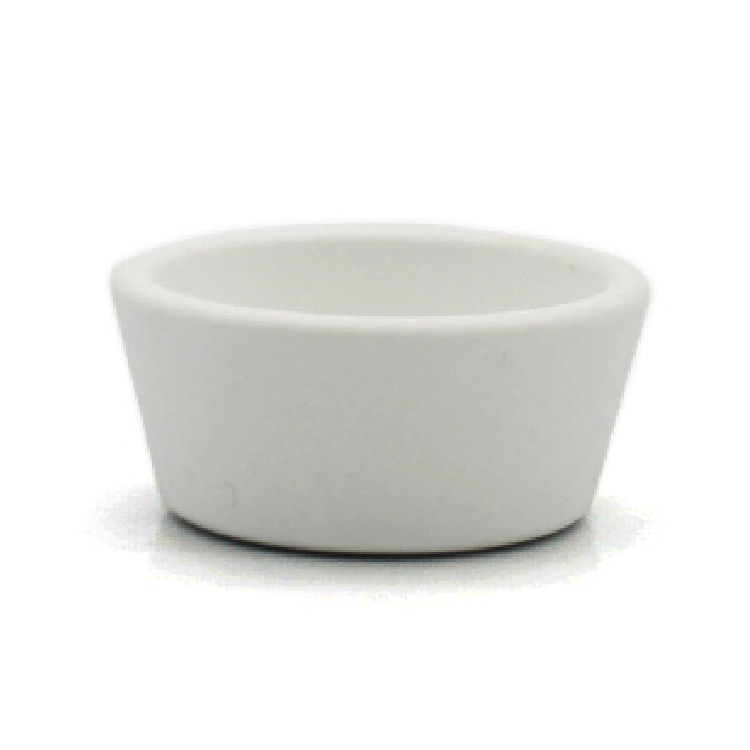
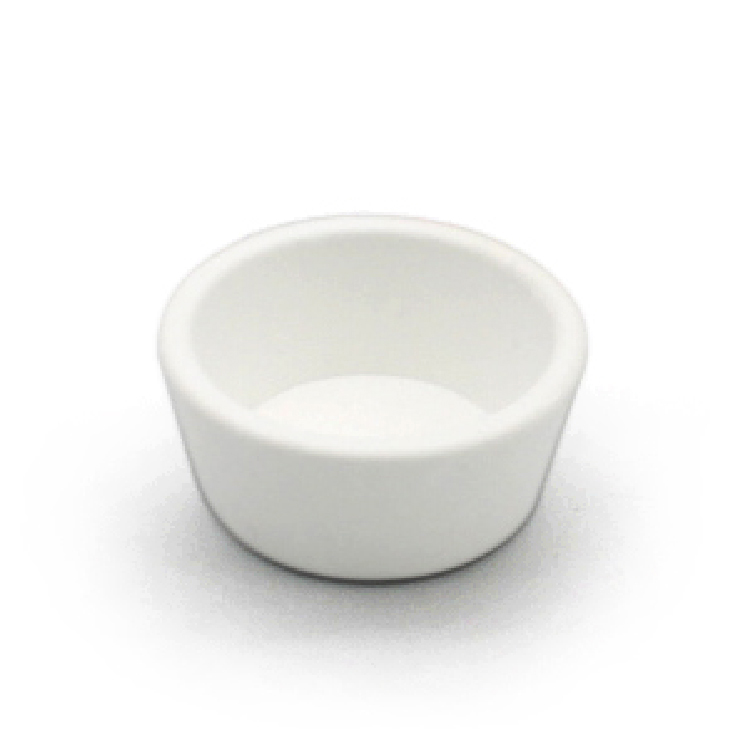
- High Thermal Conductivity: Boron nitride exhibits excellent thermal conductivity, which helps in evenly distributing heat within the crucible, ensuring uniform melting and preventing hot spots in high-temperature applications.
- High-Temperature Resistance: BN crucibles can withstand temperatures up to 3000°C in an inert atmosphere, making them ideal for high-temperature processes like metal melting, sintering, and crystal growth.
- Chemical Inertness: BN crucibles are highly resistant to chemical corrosion, including resistance to molten metals, acids, and alkalis, making them ideal for use in aggressive chemical environments.
- Low Thermal Expansion: Boron nitride has a low coefficient of thermal expansion, which minimizes the risk of cracking and warping under thermal stress and temperature fluctuations.
- Electrical Insulation: BN possesses excellent electrical insulation properties, which can be beneficial in applications where electrical conductivity must be minimized.
- Non-Toxic and Environmentally Friendly: Unlike some other high-performance materials, boron nitride is non-toxic and environmentally safe, making it a preferred choice for many industries.
-
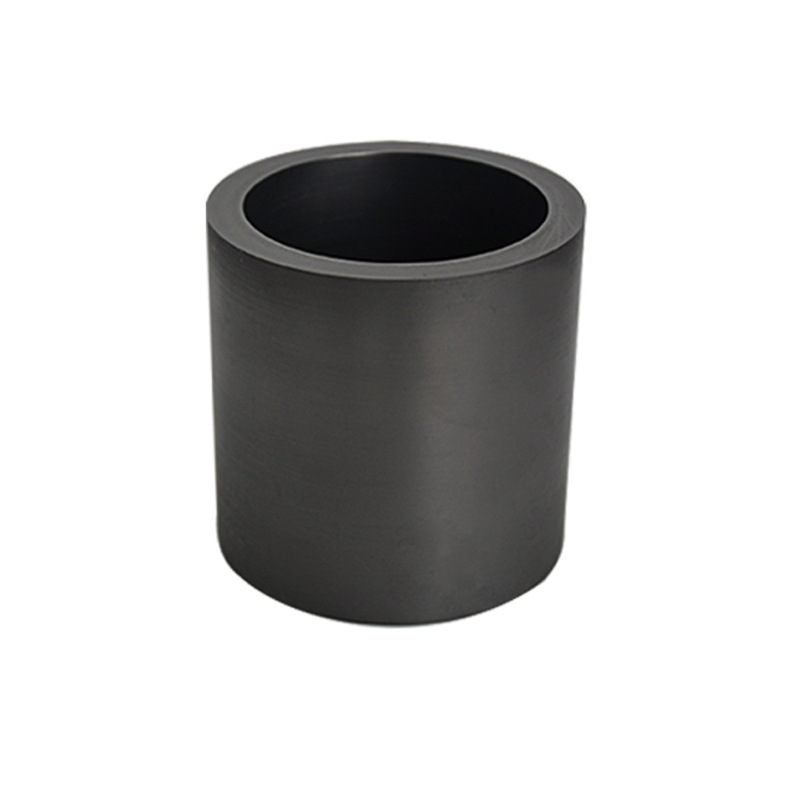
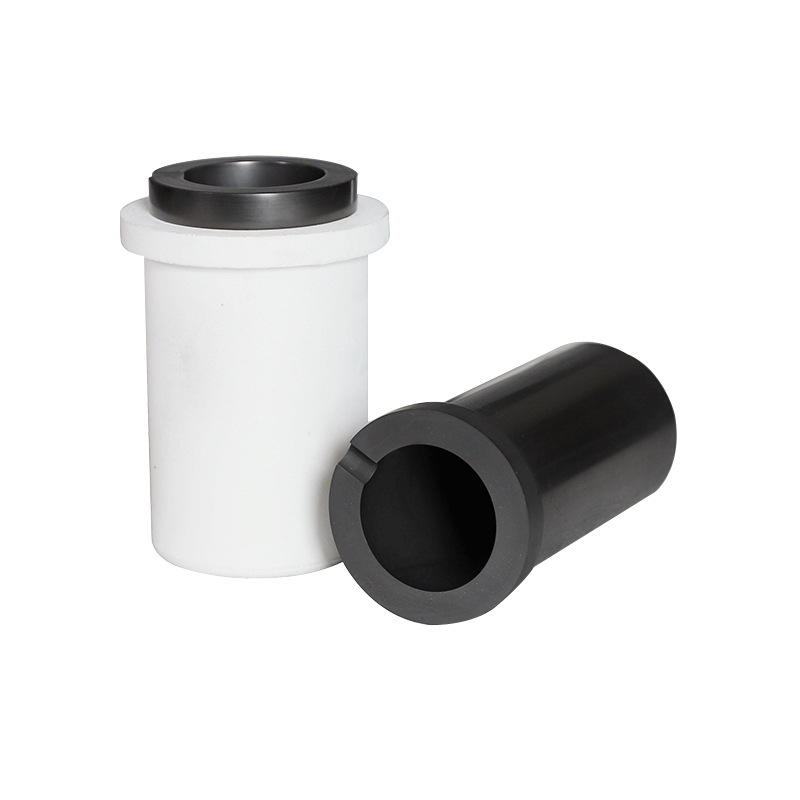
- Outstanding thermal and chemical stability at high temperatures
- Excellent thermal conductivity for uniform heating
- Resistant to thermal shock and capable of rapid temperature changes
- Low reactivity and non-wetting with most metals, minimizing contamination
- Available in a range of shapes and sizes to accommodate various industrial needs
-
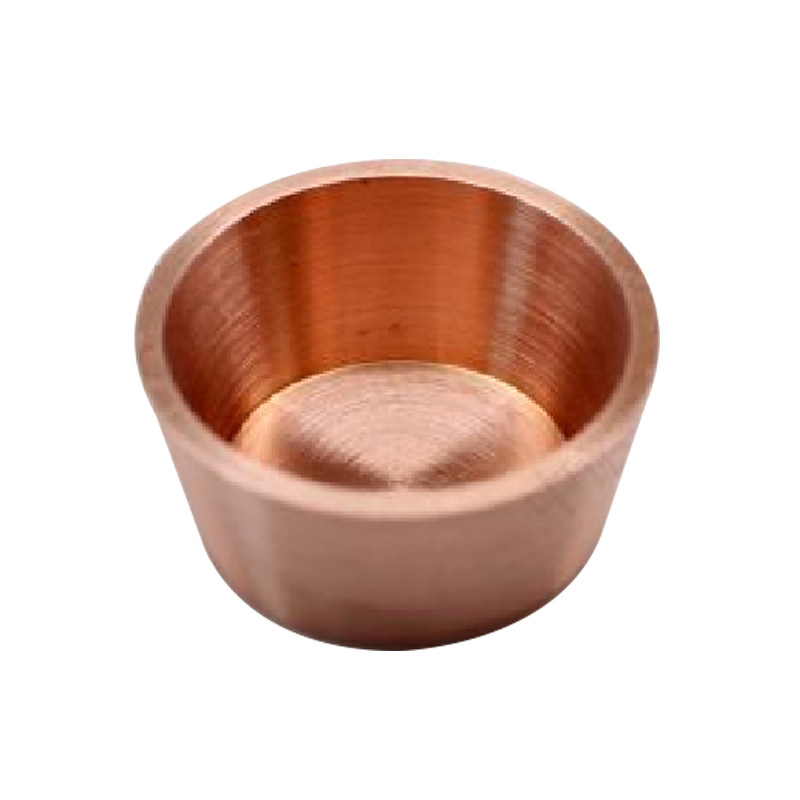
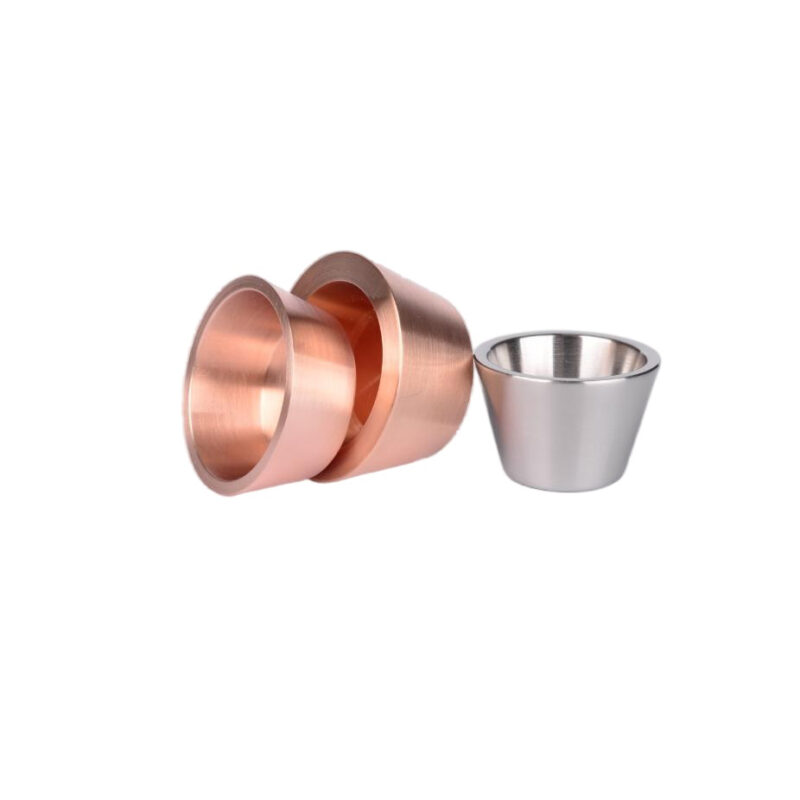
- Excellent thermal conductivity for rapid and even heating
- Suitable for metals with lower melting points and temperature-sensitive processes
- Versatile shapes and customizable sizes available for diverse applications
- High electrical conductivity for electrochemical processes
-
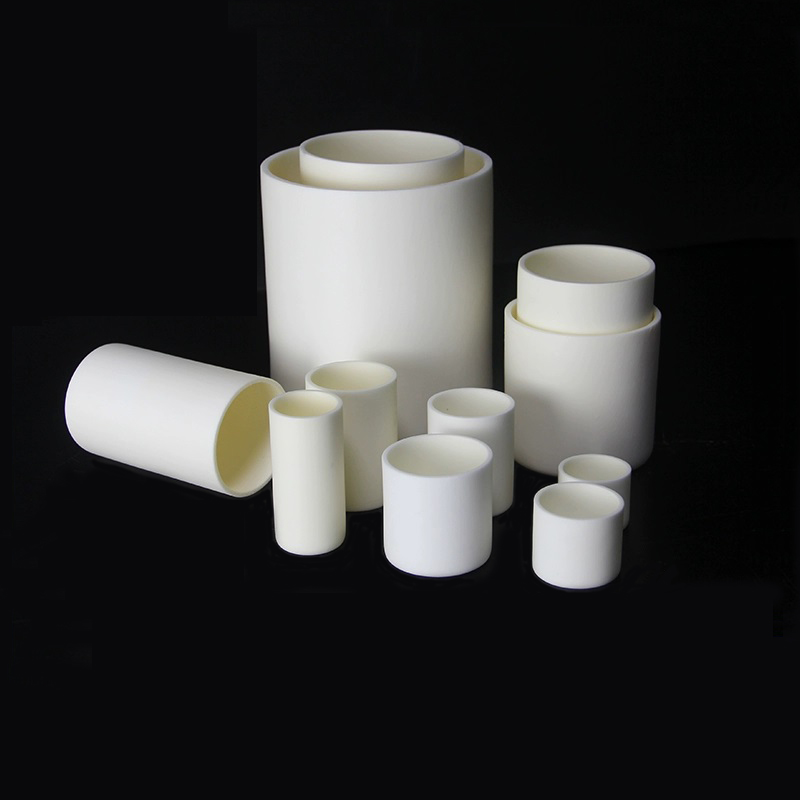
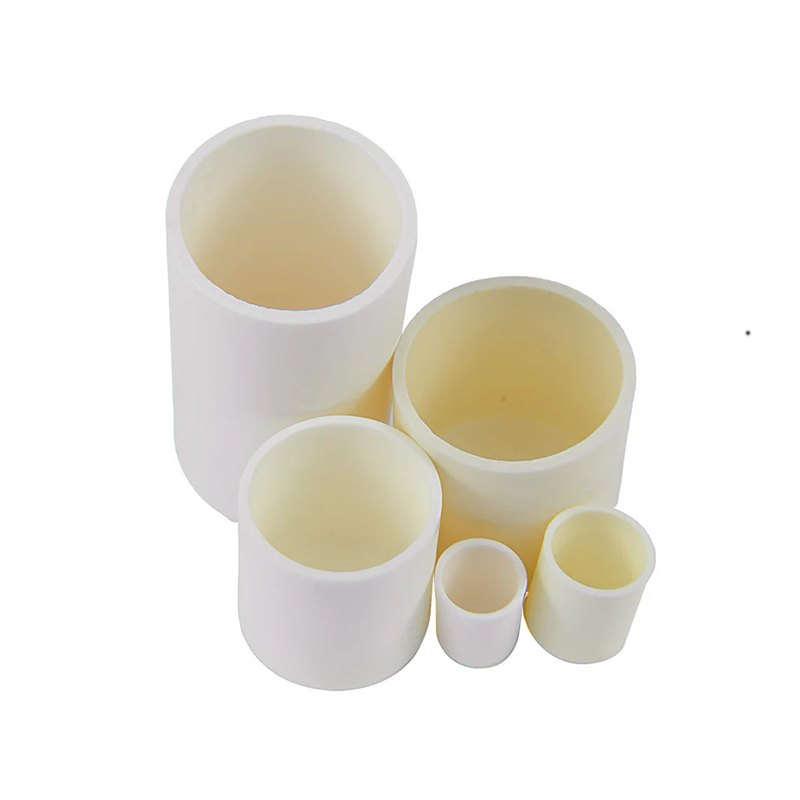
$5.00 – $32.00
- Superior thermal shock and corrosion resistance
- Suitable for vacuum and inert environments
- High mechanical and thermal stability
- Available in customizable shapes and dimensions for specialized applications
-
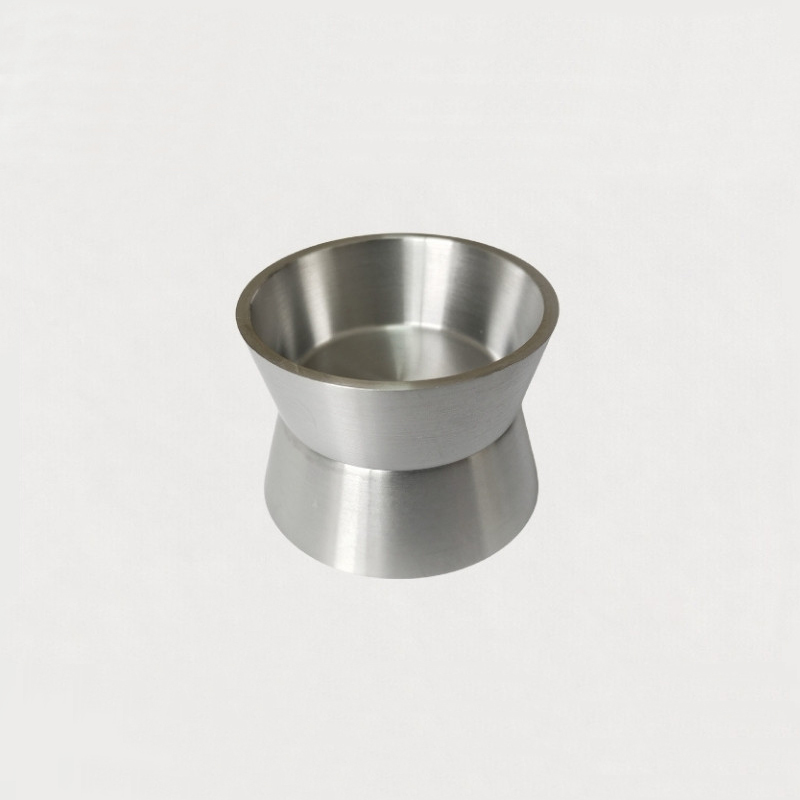
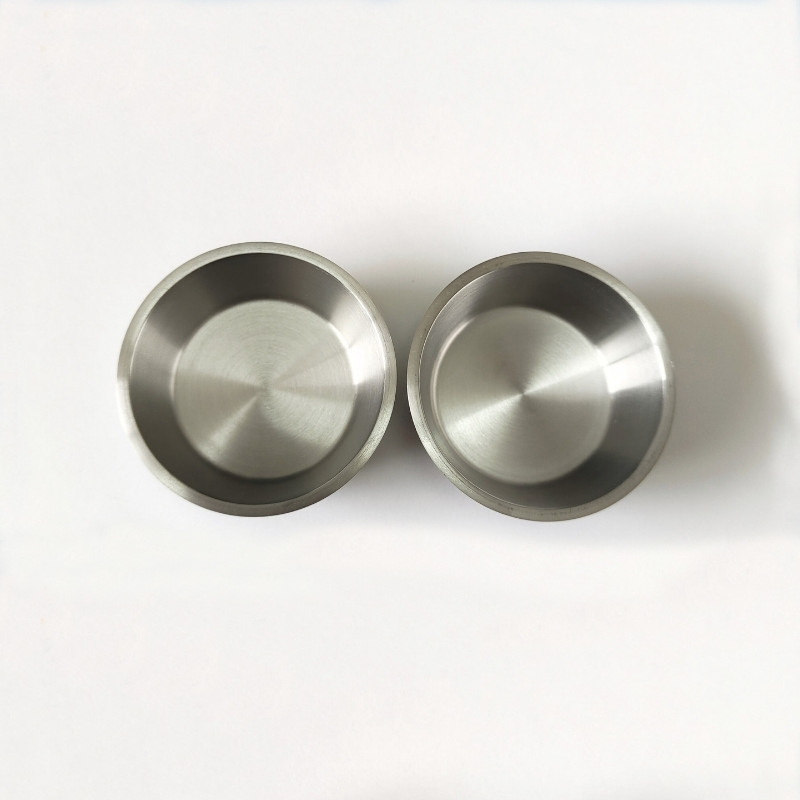
$1.00
- High Melting Point: With a melting point of 2,623°C, molybdenum crucibles are ideal for ultra-high-temperature environments.
- Thermal Stability: Maintains strength and stability at elevated temperatures, ensuring consistent performance.
- Corrosion Resistance: Excellent resistance to chemical corrosion, particularly in reducing atmospheres and molten metals.
- Mechanical Strength: High tensile strength and resistance to deformation, even under thermal stress.
- High Thermal Conductivity: Efficient heat distribution, essential for uniform thermal processes.
- Low Thermal Expansion: Minimal dimensional changes under thermal cycling reduce the risk of cracking or warping.
-
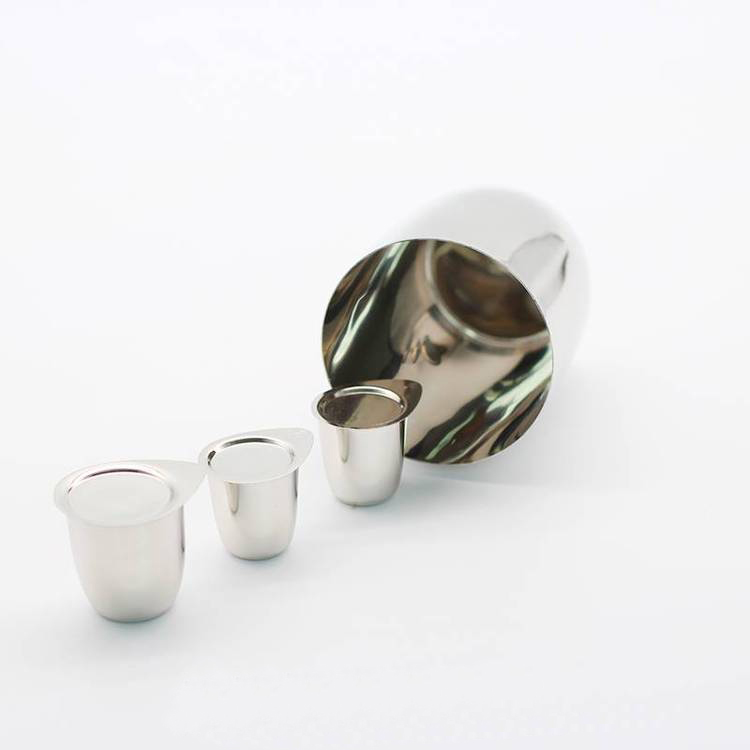
$1.00
- Material Purity: ①Made from high-purity platinum (typically ≥ 99.95%). ②Can be alloyed with rhodium or iridium for enhanced durability.
- Thermal Stability: ①Excellent performance under high temperatures, withstanding up to 1,700°C without deformation. ②High melting point of platinum (1,768°C) ensures reliable operation.
- Corrosion Resistance: Exceptional resistance to acids, alkalis, and other corrosive agents, including aqua regia and oxidizing environments.
- High Thermal Conductivity: Ensures uniform heat distribution for precise laboratory results.
- Mechanical Strength: Resists cracking and deformation under thermal and mechanical stress.
-
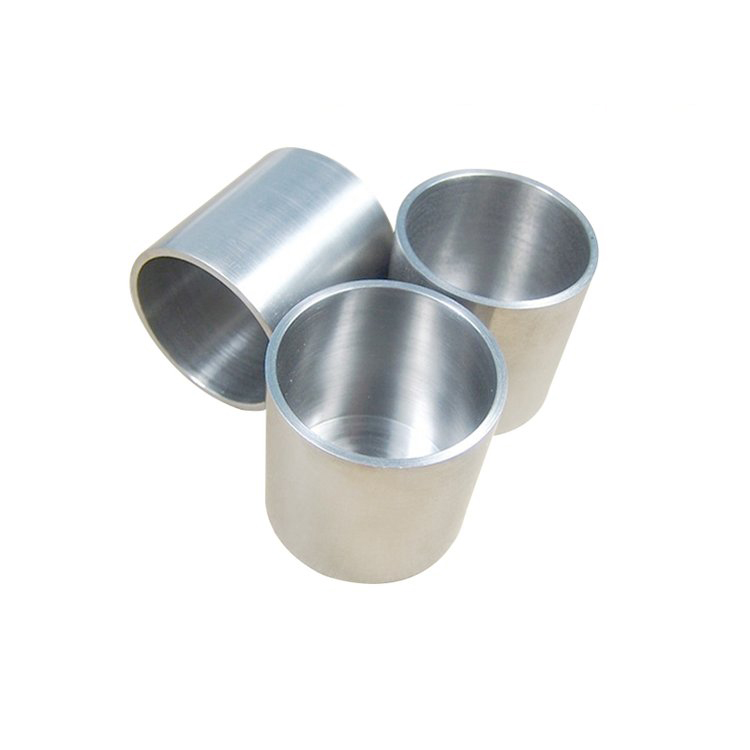
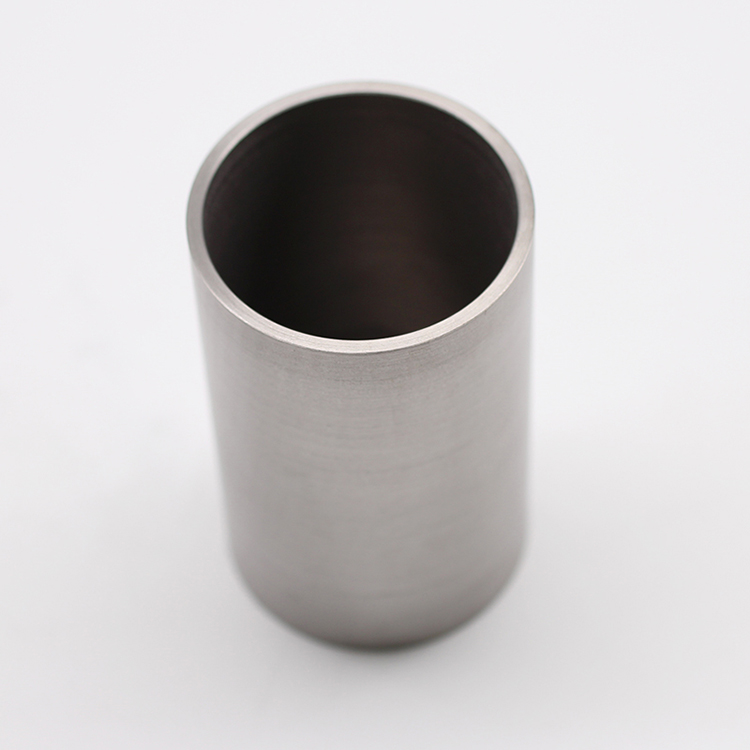
- High Melting Point: Tungsten has the highest melting point of all metals (3,422°C), making it suitable for extreme high-temperature environments.
- Thermal Stability: Excellent ability to withstand high temperatures without warping or breaking, ensuring consistent performance under heat stress.
- Corrosion Resistance: Highly resistant to chemical corrosion, particularly in reducing environments and molten metals, ensuring long-lasting use in aggressive chemical environments.
- Mechanical Strength: Very high tensile strength and hardness, ensuring that the crucible maintains its shape under both thermal and mechanical stress.
- Low Thermal Expansion: Tungsten’s low coefficient of thermal expansion minimizes cracking and deformation when subjected to rapid temperature changes.
- High Thermal Conductivity: Efficient heat distribution within the crucible helps in achieving uniform melting or material processing.
-
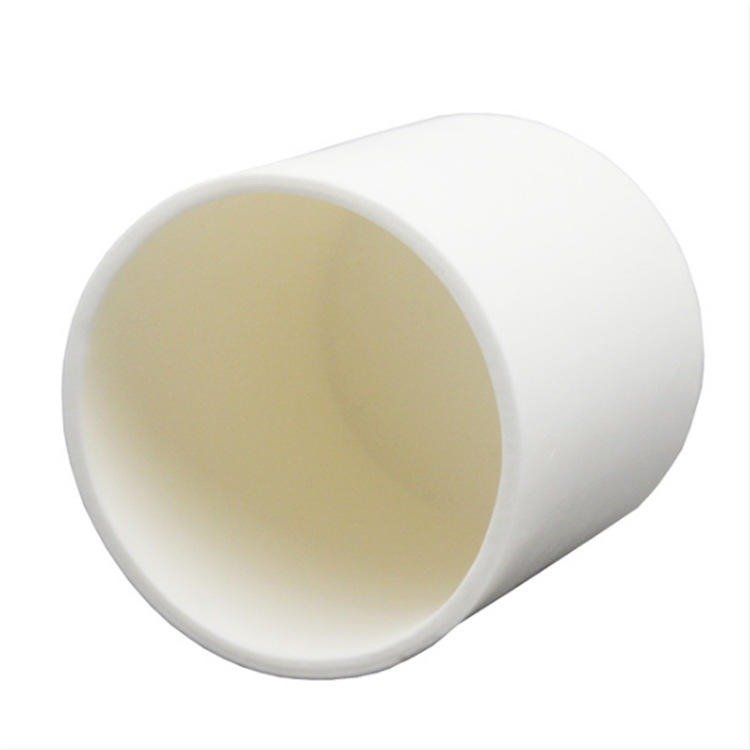
- High-Temperature Resistance: Zirconia crucibles can withstand temperatures up to 3000°C, making them suitable for applications involving molten metals, ceramics, and other high-temperature processes.
- Exceptional Thermal Stability: With a low thermal expansion coefficient, zirconia maintains structural integrity under rapid temperature fluctuations, making it ideal for high-temperature melting and casting.
- Chemical Inertness: Zirconia crucibles are highly resistant to chemical attack, including resistance to strong acids and molten metals, ensuring minimal contamination of materials and extended service life.
- Mechanical Strength: Zirconia exhibits excellent mechanical properties, including high hardness and resistance to cracking, ensuring the crucible’s durability in demanding applications.
- High Density: Zirconia has a high density, which helps improve its thermal conductivity and resistance to deformation under high pressures and temperatures.
- Electrical Insulation: Zirconia crucibles possess excellent electrical insulation properties, which can be crucial in applications where electrical conductivity must be minimized.














